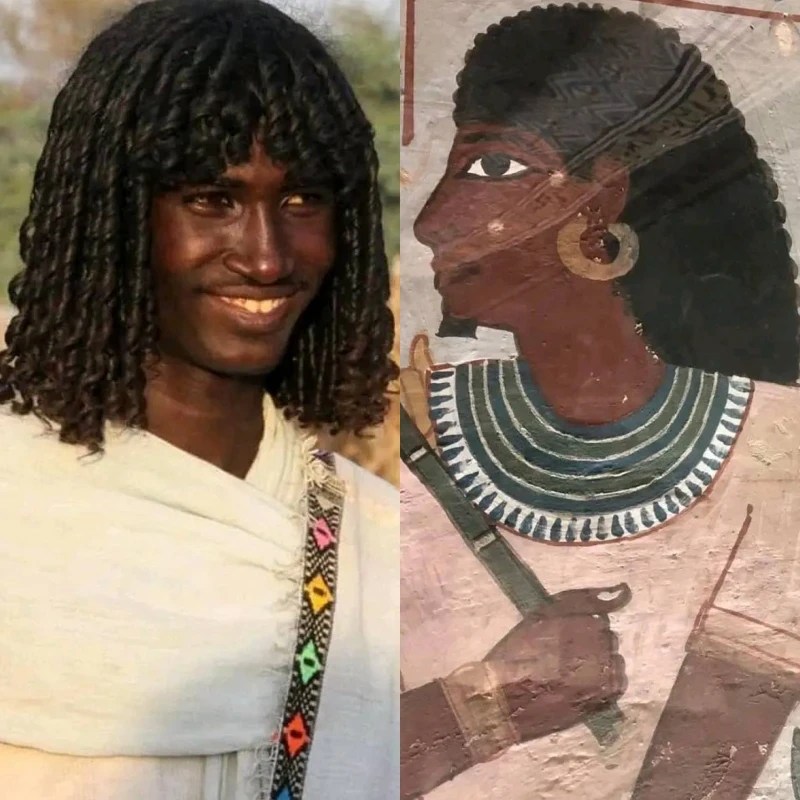The claim that Egyptians are descendants of an Ethiopian colony is a complex historical and cultural narrative, but it’s not supported by mainstream archaeology or genetics.
The claim that Egyptians are descendants of an Ethiopian colony is a complex historical and cultural narrative, but it’s not supported by mainstream archaeology or genetics. This idea gained some traction in the 19th and early 20th centuries, particularly among certain scholars who sought to link the origins of ancient Egyptian civilization to sub-Saharan Africa.

However, the overwhelming consensus among archaeologists and geneticists today is that ancient Egypt was an indigenous civilization that developed along the Nile River. Genetic studies of ancient and modern Egyptian populations show a strong continuity with North African and Middle Eastern populations, with some gene flow from sub-Saharan Africa, a pattern that is consistent with long-standing trade, migration, and conquest between the regions.

Ultimately, the narrative that Egyptians are descendants of an Ethiopian colony is more of a historical theory than a scientific fact. It reflects a desire to connect one of the world’s most influential civilizations with sub-Saharan African origins, a theme that has been important in pan-African identity movements. While the historical and cultural links between Egypt and the lands to its south are deep and undeniable, the claim of a colonial origin is not backed by the rigorous genetic and archaeological evidence that has been amassed over decades of scientific research.
